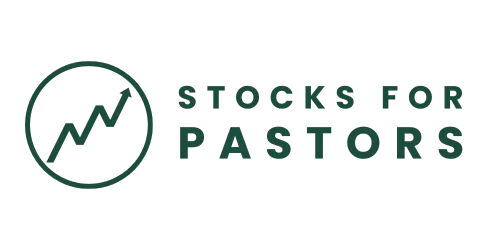Learn two beginner-friendly strategies, follow weekly alerts, and join a community that helps you see $100–$300/month potential without overwhelm.
Build the Skills to Trade Confidently and Create Steady Income
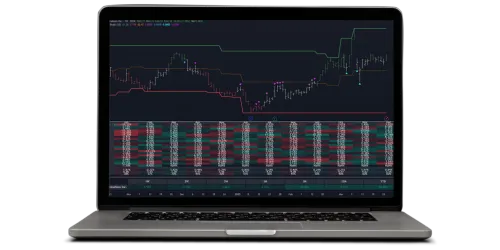
Let’s Talk About the Quiet Financial Pressure Most Pastors Carry
You’re not lazy. You’re not irresponsible.
You’ve just been so focused on helping others that your own financial future got pushed to the side. Maybe…
You’ve contributed to a retirement account here and there, but it’s nowhere near enough.
You’ve looked at the stock market before and thought, “I don’t have time to figure this out.”
You’ve wondered if you’ll have to keep working long after you want to stop, just to make ends meet.
You’ve even considered a second job or side hustle... but the thought of it wears you out.
You're not alone.
Thousands of pastors are in the same boat and they're quietly anxious about what the future holds.
But here's the truth:
You don’t need more time or more stress. You just need a smarter way to grow what you already have.
It’s a simple, proven investing system designed specifically for pastors who want to build wealth for the long haul; without financial stress, guesswork, or complicated strategies.
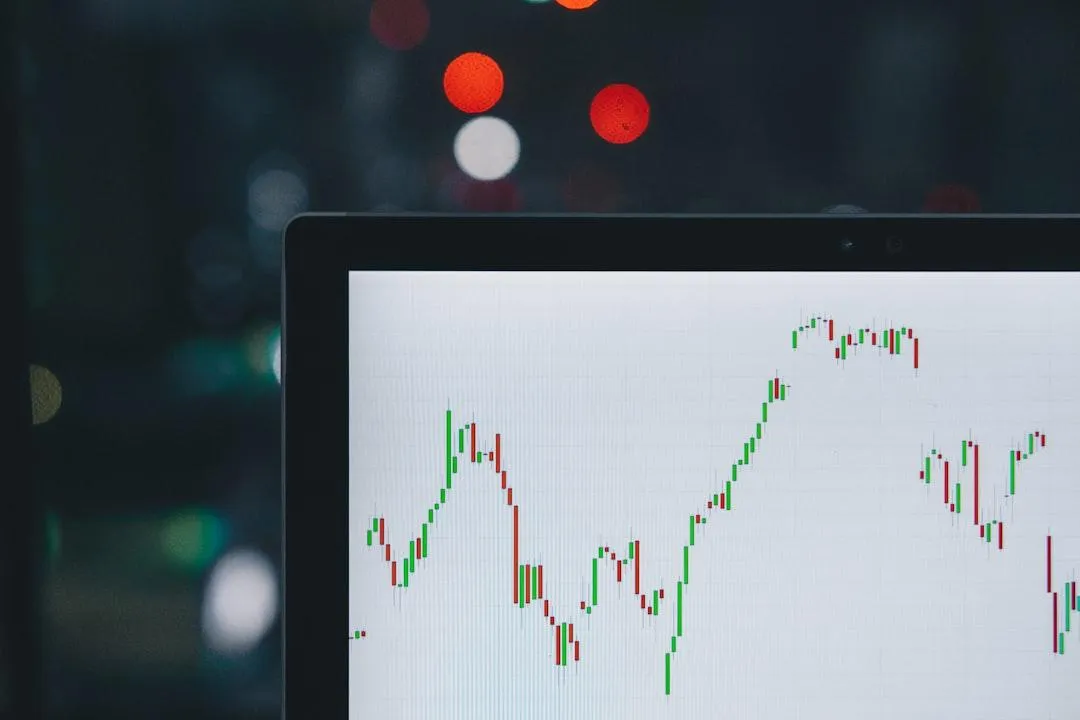
You don’t need a finance degree. You don’t need thousands of dollars.
All you need is a desire to take control of your future, and a guide who understands your world.
What You’ll Gain
Clarity on exactly when to enter and exit trades
Two proven strategies that fit into your schedule
Monthly watchlist of high-probability stock setups
Weekly trade alerts so you can follow along with confidence
Supportive community to keep you motivated and learning
Direct answers when you have questions
Why New Traders Succeed Faster in Foundations
Built by a pastor who understands the financial challenges ministry leaders face
Strategies tested and refined with years of real-world results
A step-by-step learning path that meets you where you are
A community that values wisdom, stewardship, and intentional growth
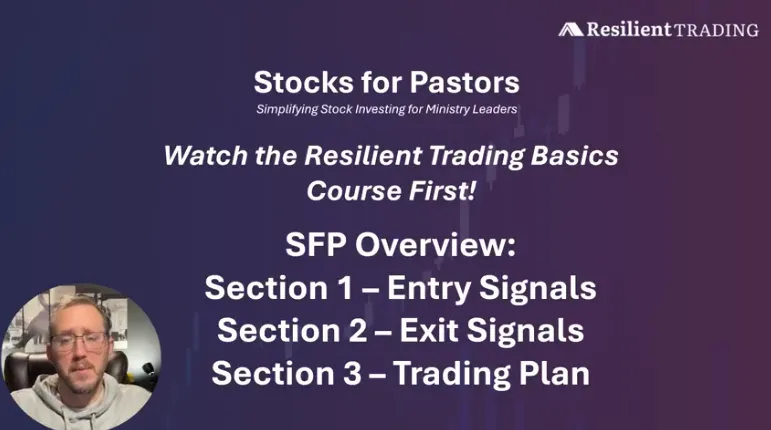
While nothing is guaranteed in trading and there is always a risk of losing, many members report seeing $100–$300/month potential within their first few months of joining. The real win is gaining the skills and confidence to make disciplined, repeatable trades.
PRICING
Choose Your Plan
Foundations
$97/mo
Beginner-friendly video course that walks you through every step
Monthly seasonal watchlist of high-probability stocks
Real-time trade alerts for SLM and MIS strategies
Access to member community
Downloadable checklists, templates, and guides
Up to 3 questions per month, responses within 48 hours
Seasonal Leverage Method course
Monthly Income Strategy course
Cash Flow Collective Course
Double Canopy Strategy Course
Monthly live group coaching calls
2 free months
1:1 onboarding video chat and initial coaching session

No contracts - cancel anytime
Income Accelerator
$197/mo
Beginner-friendly video course that walks you through every step
Monthly seasonal watchlist of high-probability stocks
Real-time trade alerts for all four strategies
Access to member community
Downloadable checklists, templates, and guides
Unlimited questions, priority same-day response
Seasonal Leverage Method course
Monthly Income Strategy course
Cash Flow Collective course
Double Canopy Strategy course
Monthly live group coaching calls
2 free months
1:1 onboarding video chat and initial coaching session

No contracts - cancel anytime
Get 2 Mo FREE
$1,970/yr
Beginner-friendly video course that walks you through every step
Monthly seasonal watchlist of high-probability stocks
Real-time trade alerts for all four strategies
Access to member community
Downloadable checklists, templates, and guides
Unlimited questions, priority same-day response
Seasonal Leverage Method course
Monthly Income Strategy course
Cash Flow Collective course
Double Canopy Strategy course
Monthly live group coaching calls
2 free months
1:1 onboarding video chat and initial coaching session

No contracts - cancel anytime
What Members are saying

“I never thought investing was something I could do, but this gave me confidence, clarity, and a clear path forward.”
Joel S.

“My account has nearly doubled in 18 months since I started with Stocks for Pastors.”
Eric B.

“Michael’s course has helped me see a clear path to advance my family financially. It is doable and attainable- exactly like he said it would be."
Dave C.
Start Building Your Trading Foundation Today
Learn two simple strategies, follow weekly trade alerts, and join a supportive community that helps you grow with confidence.
Read Our Latest Blogs
Lorem ipsum dolor sit amet, consectetur adipiscing elit.
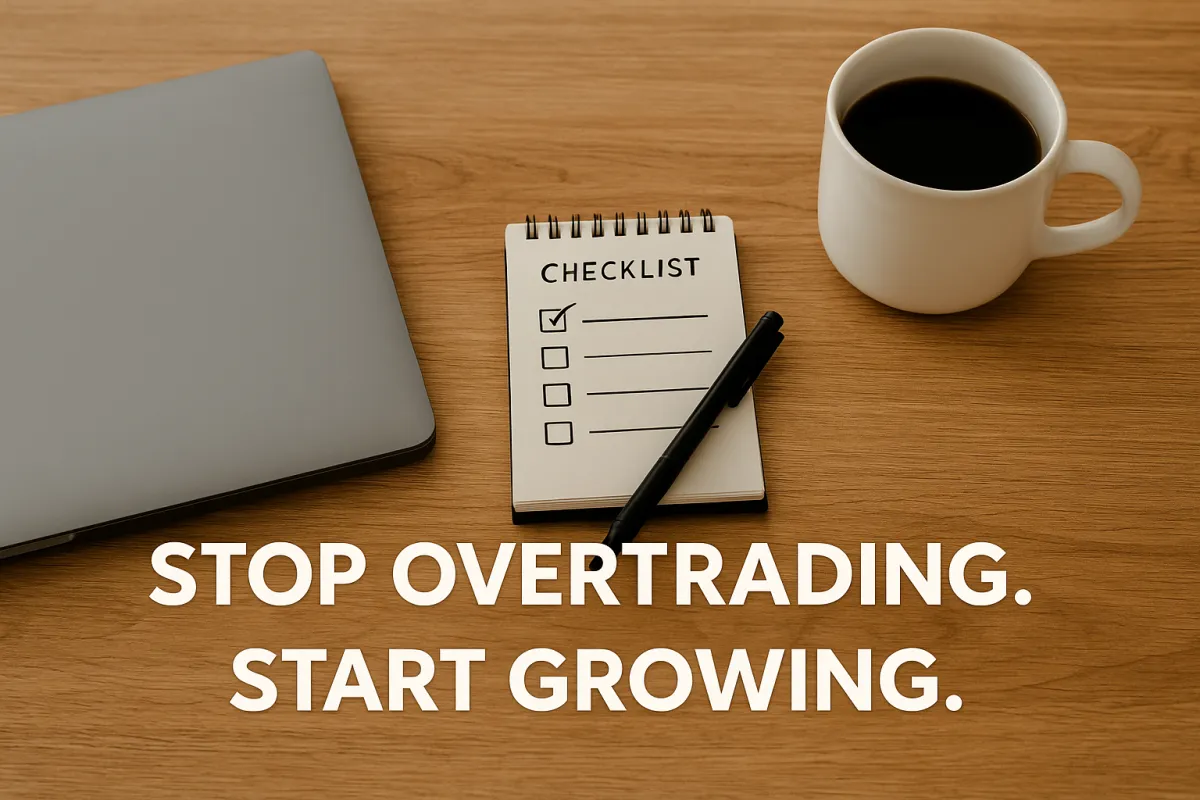
The Simple Routine That Keeps Me from Overtrading
One of the most expensive mistakes I see is not picking the wrong stock or misreading a chart. It is overtrading. For years, I thought more trades meant more money. I believed activity equaled progress. Truth is, overtrading almost wrecked my account more than once. If you do not master restraint, the market will teach you the hard way.
Why Overtrading Is the Silent Account Killer
It is not the market’s volatility that drains most trading accounts, it is impatience. Every extra trade you make, especially those that are unplanned or impulsive, chips away at your long-term returns. Even small, frequent trades can cost you through commissions and slippage, often without you realizing it. Add in the emotional fatigue from constantly watching positions, second-guessing decisions, and reacting to every tick, and your mental energy gets sapped.
When you’re always looking for the next trade, you never give yourself a chance to reflect and recover from the last one. The more you chase, the more mistakes you make: rushed entries, forced exits, ignoring your own strategy. It becomes a cycle. What starts as a few “harmless” extra trades out of boredom or fear of missing out can quickly snowball into a string of losses. These small errors add up, and before you know it, you’ve wiped out months of hard-earned gains, leaving you frustrated and more likely to keep repeating the cycle.
The Signs You’re Overtrading (And Lying to Yourself)
Ask yourself: Are you being “active,” or are you just addicted to action? Overtrading hides behind all kinds of excuses: “It’s just one more trade.” “I do not want to miss out.” “I need to make back what I lost.” Sometimes it shows up as “I’m just being nimble” or “I’ll just take a quick scalp to feel productive.” If you find yourself increasing trade size after a loss, jumping in just because you are bored, taking multiple trades in rapid succession, or making decisions faster than usual, you are probably overtrading.
The urge to “do something” can feel almost overwhelming—like you have to act or you’ll fall behind—but it is rarely profitable. Overtrading is sneaky because it tricks you into thinking you are being proactive, when really you are just reacting to fear or restlessness. Real discipline is knowing when to act and, even more importantly, when to wait.
My Simple Anti-Overtrading Routine
The first rule in my routine is strict: I set a weekly limit for how many trades I will take... no exceptions. For me, that is no more than seven open positions at any given time. I spread them across different setups or strategies. Once I hit that number, I am done. I WILL NOT place any new trades until I've closed one of the ones I already have. I won't even look for new trades, because I don't want to be tempted to overtrade. This forces me to be selective.
Next, I use a pre-trade checklist before entering any position. This is not a rubber stamp, but a filter. If the trade does not fit my criteria (seasonal edge, technical setup, risk size, clear plan), I skip it. No exceptions, even if it “feels” right.
When I feel the urge to trade just because the market is moving, I have a “sit on your hands” rule. I close my trading platform, take a walk, or work on something else for at least 15 minutes. The pause almost always brings clarity. Most of the trades I was about to make impulsively are not worth it after all.
Finally, I track every trade in real time, not just at the end of the week. Seeing my activity in black and white holds me accountable and highlights any lapses in discipline before they become costly.
Restraint Is a Superpower. Here’s What Changed for Me.
When I started trading less, I began making more. My win rate went up, my profits stabilized, and I finally stopped feeling anxious about missing moves. My best students have the same story. The ones who went from “every setup” to “only the best” saw their accounts (and their confidence) grow. Missing a few trades is actually the key to catching the best ones. The market will always offer another opportunity. So if you struggle with overtrading, here's a mantra to repeat to yourself.
"No trade is better than a bad trade."
Challenge and Next Steps
Here’s my challenge for you. For the next month, make it your mission to track every single trade you take. No exceptions and no shortcuts. Write down each entry and exit as soon as it happens, along with the reason you took the trade. At the end of each week, set aside time to review your full list. Ask yourself: “How many of these trades actually fit my plan? How many were driven by boredom, FOMO, or a need to be active?” You will probably be surprised at the honest answers you find. Most people discover they are far more active than they think, and many trades could have been avoided with a little more patience. If you want my printable anti-overtrading checklist or a tracker template, let me know and I will send it your way so you can put this habit into practice and see the change for yourself.
Share your overtrading story or your results in the comments, or check out the Growth Plan for more tools and support. Trading less does not mean settling for less. It means trading smarter and building the discipline that actually makes you money.
